"Secret Forest" and "Signal" -- these Korean dramas are all light
When writing, I deliberately played the BGM to the classic background music of the first season of "Secret Forest", as if I wanted to wake up a certain state of indignation. Because this is a necessary state, a serious state that must be possessed when writing down the thoughts at this moment, it is with such serious emotions and moving that it is full of several Korean dramas that I have watched in a row recently.
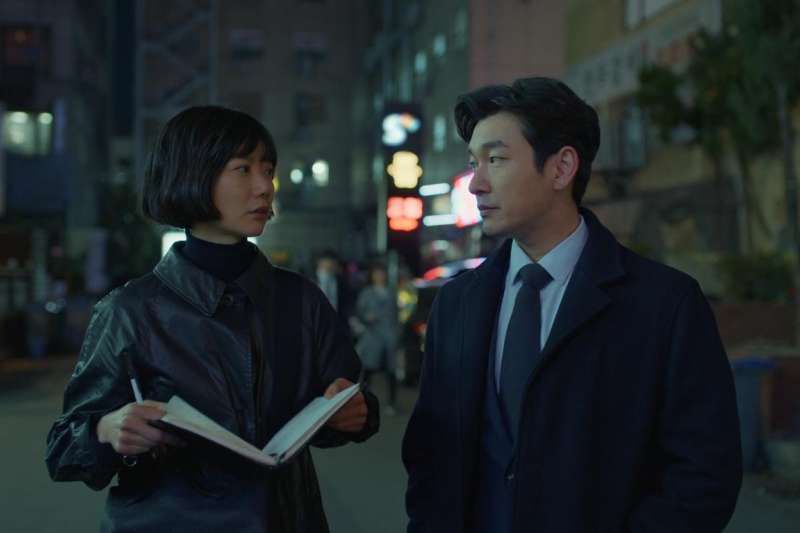
Searching my memory for impressions of Korean dramas, I learned about "Blue Life and Death" when I was in junior high school and the script for the vulgar love drama of Korean dramas in my student days has always dominated my stereotyped memory of Korean dramas. In recent years, if the dabbling in Korean films is classified by the nationality of the director, the films by Korean directors are the most I have watched. The power of Korean films on realism hit me like a wave. A "melting pot" led to the introduction of the "Partial Amendment to the Special Law on Punishment for Sexual Violence Crimes". "Memories of Murder" awakened people's memory of the Hwaseong serial murder case, and changed the status quo that the statute of limitations caused the unresolved case to go unresolved during the prosecution period. The prototype of the case in the film "Su Yuan" led Congress to pass the "castration law" legislation. The amazing power displayed by the film and television works has had a strong realistic effect in South Korea. It seems to be like a stone statue with a blank face, with its arms raised to point to the rising sun in the east. Anger, reluctance, pity, and moving, these emotions are a momentary emotional catharsis when watching a film, and stop at personal emotional experience, but the resonance generated by the emotional experience of millions of people is enough to change the status quo. This may be the powerful force of Korean cinema, which gives people a platform across time and space to shape a common experience, allowing everyone's weak murmurs to gather into a powerful roar.
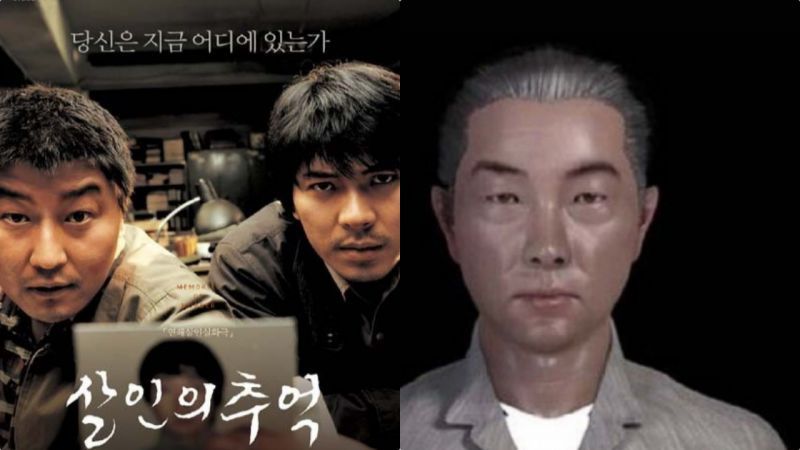
Holding on to my expectations from Korean movies, I played a few Korean dramas with the theme of suspense dramas. In fact, it is difficult to distinguish whether it is a script or reality. When the word suspense is used as the label of a work, I will preconceived as a fictional script that maintains a certain distance from reality. In this regard, the impact of Korean drama suspense films on my preconceived impression is not trivial. The core topic of the first part of "Secret Forest": As a historical product of South Korea's current great power-prosecutors and their intricate entanglement with society, chaebols, and governments, it is the prosecutors that Moon Jae-in wants to break An almost perverted power system. The sharpness of this theme is almost completely synchronized with the reform of the procuratorial system that South Korea is currently facing, a goal that Moon Jae-in aspires to achieve during his presidency. It is hard to imagine that the discussion of real issues in film and television works can be synchronized with reality, or even ahead of the development of reality. It is probably that many of the problems of prosecutors in reality are already tacit facts, and the work focuses on the concerns of the society, intending to arouse a layer of waves to hit the real coastline. If the first part focuses on the subject of prosecutors, the second part of "Secret Forest" focuses more on the power struggle between prosecutors and the police and their connections with the chaebol. Personal impressions The second part sets a bigger topic, and even completely uses the script to discuss the specific method of Moon Jae-in's reform of the procuratorial system (to weaken and balance the procurator's near-monopoly power over the case from beginning to end through police power struggles) ), the insinuation relationship that made me personally lustful is: the struggle between the judicial system in which Wen Zaiyin appointed Cao Guo and Qiu Meiai successively as Ministers of Justice and the procuratorial system with Yin Xiyue as the Prosecutor General. The whole play connects seemingly unrelated cases through some accidental factors and logic, and the one who holds the sword that pierces the vortex of the power struggle is the unworldly and extraordinary perseverance who has always been poker-faced all the way. Prosecutor Hwang Si-mu and Officer Han Yu-jin who insists on justice and truth. After that, I finished reading "Signal". Personally, I feel that "Signal" is more inclined to refer to real cases. The capacity of 16 episodes is to change the past and whether it can change the future is a creed clue. Two (or the same one) walkie-talkie Linking the two police officers Park Hae-young and Lee Jae-han, who have a persistent pursuit of the truth, wrote the script of "if, maybe" to the famous real cases in Korean history. The Hwaseong Serial Murder Case, the Seongsu Bridge Collapse Accident, and the Miryang Group Sexual Violence Incident, which appeared more than once in the scripts of Korean movies and TV dramas, constitute the main tasks of the long-standing unsolved project team.
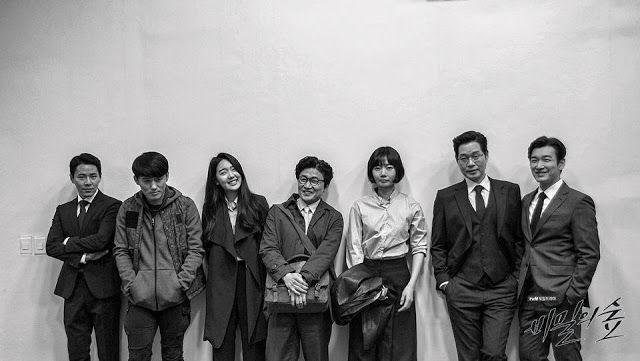
Come to think of it, whether it is the tension of the two "Secret Forest" or "Signal" in the progression of the plot, the underlying needs of watching the show have been satisfied. In terms of clue deduction, "Secret Forest" gives me the feeling that it is more focused on reasoning about the connection between the cases. The serial cases eventually point to the big conspiracy behind it. "Signal" has a clear conclusion to each case, so it pays more attention to the details of clues in individual cases. Between the two compartments, "Signal", which pays more attention to the details of the clues, is in the progress of several cases. Due to the script creation requirements of some key clues, it will inevitably give me a sense of far-fetched. For example, in the last case "Incheon Girls' High School Group Sexual Violence Incident", Kim Bum-soo obtained the key evidence and discarded the red scarf of the victim Kang Hye-seung in the trash can of the expressway rest stop. Take the evidence back to the office and choose to discard it nearby. Then why not directly destroy it but throw it away? As the police chief and knowing that the red scarf has been stained with his own blood, as long as he is found to return to Seoul from Incheon, the trash can on the way can easily become a place where evidence is suspected to be discarded . Could this be a prudent man's way of destroying evidence? This is one of my doubts about the many detail clues in it. Naturally, accepting it with the interpretation in the play will not affect the interpretation of the plot. Relatively speaking, "Secret Forest", which focuses on the connection between cases as the driving force of the plot, is not as tangled in the details of the clues as "Signal".
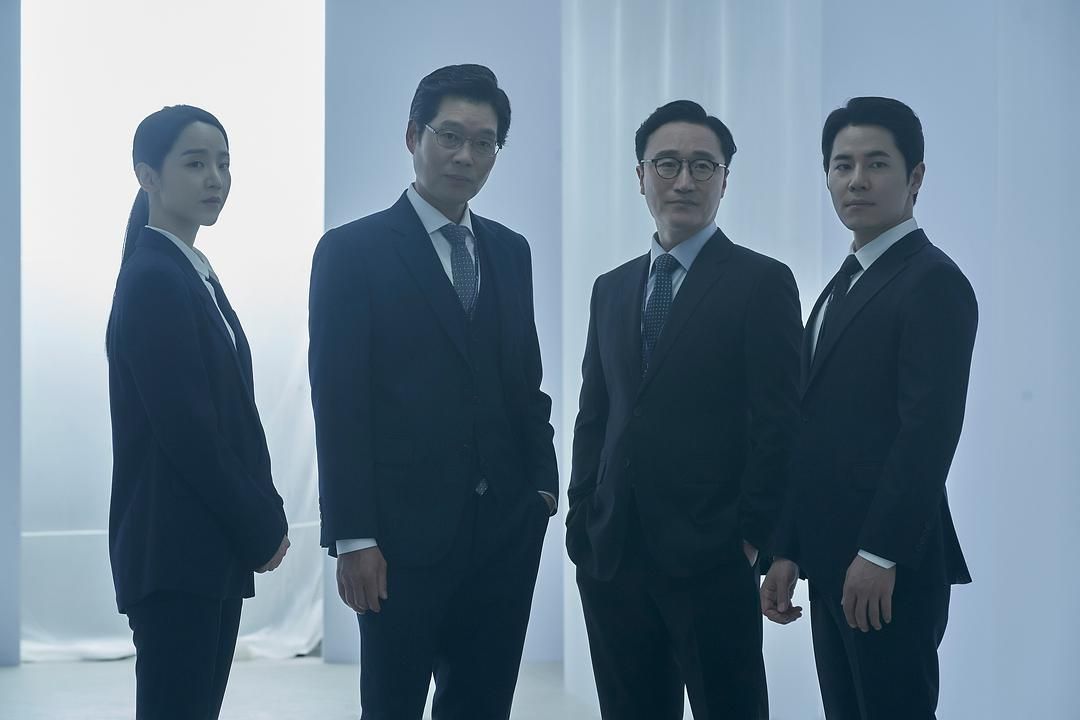
The two have different characteristics in the progression of the plot, but there seems to be a same force that keeps both shows pointing in the same direction - pointing that sword to the deepest part of the vortex. In the open ending of "Signal", Park Hae-young and Cha Soo-hyun drove on the seaside road to the hospital to find Lee Jae-han. This road seems to imply the road to the truth, but in the last scene, it is an unfinished road. Road, but the goal is more clear, the virtual goal is to persistently pursue the truth, the real plot is a thorough investigation of the public power of the legislators and their representatives to protect their personal interests and waste lives. The final scene of "Secret Forest" where it is not known whether Xu Dongzai is blackened may be paving the way for the next film, but the dream of Han Ruzhen and Huang Shimu who regained short hair seems to imply that they will continue to walk the unfinished road of their predecessors - chasing the truth, Regardless of whether the chaebol or the Blue House is standing in front of him, Huang Shimu, who seems to be ignorant of world affairs to the point of madness, such a monster who is not expected to exist in real life, is a sober swordsman. What he wants to cut off is the trampling of this world. Life and dignity to protect the chain of the interests of the upper class, what he is doing is to drive the real monster - such a relationship ecology of power and interest exchange into the eighteenth hell, making the devil tremble.
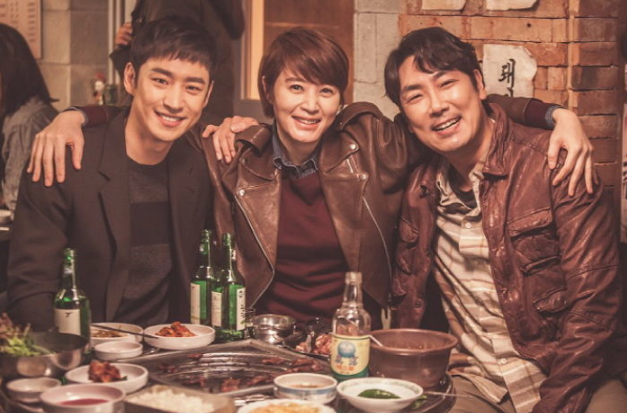
The impact of this type of Korean drama on me also keeps me hopeful about the progress of democratization in Korea. It is not known whether the cultural nation-building strategy proposed by President Kim Dae-jung during his reign took into account the influence of culture on democratization in addition to economic considerations. Cultural products are our greatest weapons. As a carrier of free thought, let us think about what is right and just for the public sphere. When such rights are threatened, I understand that politics is all around me, like capillaries all around me. When I felt the red heat wave rushing towards me, my ears were filled with slogans ranging from humming to monstrous. When I looked at a face that was ripped apart, thousands of people almost all had the same expression. When I saw on the Internet that the political correctness engulfed by patriotism was like a gust of wind and waves, nothing was born in the field he passed. I am more determined what is right.
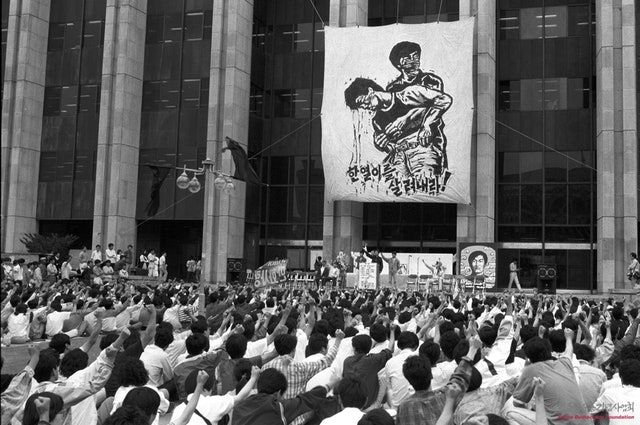
Maybe I see a kind of uplifting force in Korean cultural works that adds to my preference for Korea. Presumably that was also the picture illuminated by the light that flashed in front of Li Hanyeol's eyes when he collapsed. I don't know how many numbers and how many organic combinations of Chinese characters will be 404. As long as there is such a light shining, I think I am alive.
Like my work? Don't forget to support and clap, let me know that you are with me on the road of creation. Keep this enthusiasm together!
